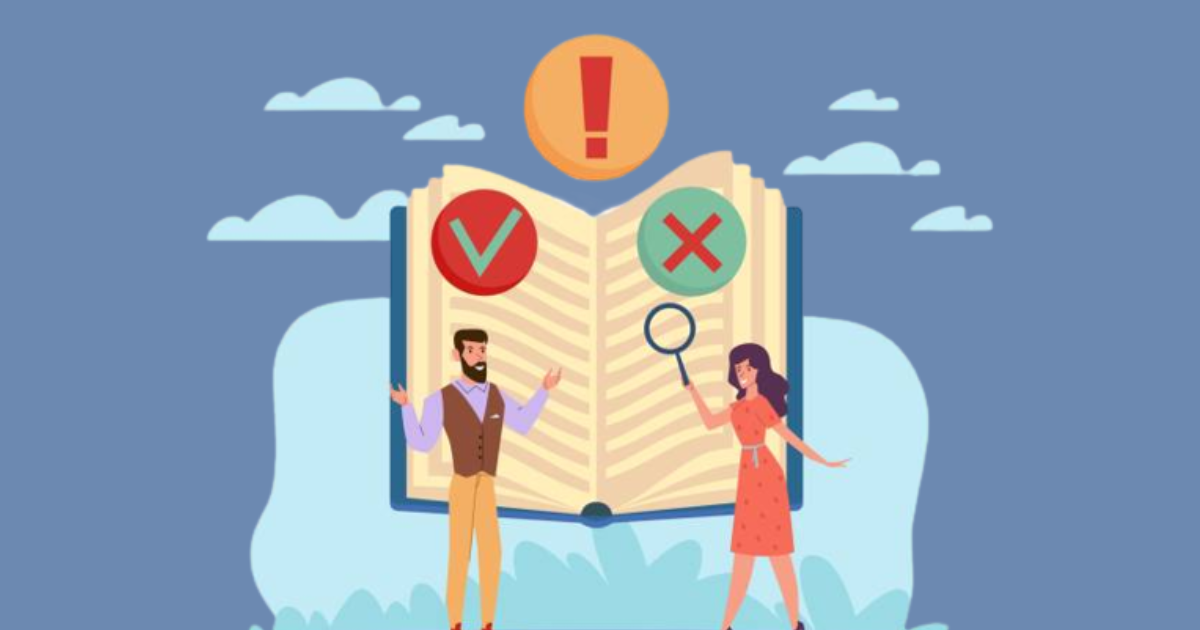The union government of India is reportedly considering the implementation of a licensing regime for online fact-checkers under the proposed Digital India Act. A senior government official revealed that online platforms may need to obtain a registration certificate in order to operate, as the government aims to hold them accountable for their actions.
The plan will be executed in a phased manner, with fact-checking divisions of “legacy and reputed” media companies being permitted to register in the initial phase. The official stated, “The Ministry is in the final stages of drafting the bill. For fact-checkers, there is a consideration that they should be registered with the government… There is also a plan to not register ‘non-legacy’ fact-checking bodies.”
According to the report, the comprehensive Digital India Bill, which will replace the existing Information Technology Act, will classify various types of online intermediaries. The new regulations for online fact-checking portals will be separate from the government’s own fact-checking body, which will flag information related to the central government.
The Digital India Bill is a crucial component of the government’s broader legal framework for regulating the digital landscape. The draft version of the bill is expected to be released by the end of June or early July. The proposed rules are likely to introduce new definitions and penal offenses, including deliberate misinformation, doxxing, impersonation, identity theft, catfishing, and cyberbullying of children.
The bill may also address concerns related to user harm caused by emerging technologies such as generative AI platforms. Furthermore, the proposed rules might bring changes to the safe harbor provisions concerning online intermediaries.
This is not the first attempt by the government to regulate online fact-checking platforms. In April of this year, the union government amended the IT Rules and established a state-backed fact-checking unit to identify alleged fake news and misleading online content pertaining to the government. Although the move faced criticism from civil society members, it also placed greater responsibilities on digital intermediaries to actively combat fake news or risk losing their safe harbor status.
Additionally, the central authorities are currently engaged in a legal battle with comedian Kunal Kamra in the Bombay High Court over the recently notified rules. With the government pushing for a regulatory overhaul, the future of online fact-checking and the broader digital landscape in India remains a topic of intense discussion and debate.



![[CITYPNG.COM]White Google Play PlayStore Logo – 1500×1500](https://startupnews.fyi/wp-content/uploads/2025/08/CITYPNG.COMWhite-Google-Play-PlayStore-Logo-1500x1500-1-630x630.png)